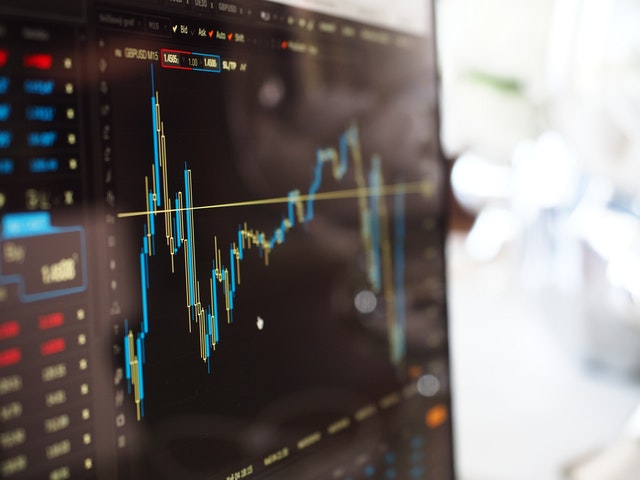Author: Adam Conner-Simons | Rachel Gordon | CSAIL
Recent advances in automating and digitizing financial services has largely changed how we use technology to make fiscal decisions. As infrastructure and operations are changing rapidly — recent reports show $31 billion was invested in the sector in 2017 — reinventing global financial technology poses many challenges and potential rewards.
To address these issues, MIT’s Computer Science and Artificial Intelligence Laboratory (CSAIL) recently launched a research-industry collaboration focused on creating financial technologies that will be able to open up new business models, gain new data insights, and improve security.
The initiative will span topics that include artificial intelligence, cryptocurrencies, blockchain foundation and applications, machine learning, multi-party computation for superior security and privacy, data management and analytics, natural language processing, and cyber-risk management, among others.
MIT professors Andrew Lo, Silvio Micali, and Shafi Goldwasser are leading the new initiative, which is called FinTech@CSAIL. A select group of companies, including ANT Financial, Citi, London Stock Exchange Group, Nasdaq, Ripple, Ryan LLC, and State Street, will work with CSAIL researchers to inform new lines of impactful research and develop innovative real-world applications.
“A financial company’s success in this sector is built on trust, security, value, and efficiency,” says FinTech Executive Director Lori Glover. “FinTech holds promise not only for verified transaction systems such as blockchain, but also for technologies involving AI, security, data analytics, trust verification, risk management and privacy advances as well.”
CSAIL researchers will focus on several key areas across the lab, including cybersecurity and secure computation, natural language processing, robotics, and replacement technologies and legacy systems.
Lo, Micali, and Goldwasser are guiding the effort with a unique combined expertise focused on economics, computer science and cybersecurity.
Lo’s research centers on using computational tools to make better financial decisions, including financial engineering and risk management, trading technology and market microstructure, as well as creating computational models for individual risk preferences, financial markets, and intelligence.
During his remarks at the Wednesday launch event, Lo talked about the interplay of finance and technology and how they have impacted the way that AI systems are used.
Specifically, he discussed early efforts in AI that focused on very specific problems and tasks, like playing chess, and how they aimed to covered as many different scenarios for each problem as possible. He said that this approach was a timely and expensive endeavour that was ineffective for financial models.
“We’ve largely moved away from AI as expert systems to simple algorithms and more complex data, which is much closer to real human intelligence,” Lo said. “We need theories and algorithms on how people actually behave, and larger datasets where we can find meaningful trends and patterns. Unless we truly understand human behavior, we won’t we be able to make financial technologies that work.”
Micali and Goldwasser, who are both focused on security, have pioneered research at the foundation of current and emerging fintech innovations. Both are winners of the A.C.M. Turing Award, often described as “the Nobel of computing.”
Micali and Goldwasser’s research efforts focus on enhancing information security and the privacy and correctness of computation and data. They have been instrumental in developing systems like zero-knowledge proofs (methods for authentication that don’t require passwords), and secure multi-party computation, which are both used in many cybersecurity systems and financial applications.
“We believe in transferring technology to society, which is a value of not only fintech but CSAIL as well,” said Micali. “As this sector rapidly matures, we need to make technologies that can keep up with that pace.”
FinTech@CSAIL builds on the lab’s other initiatives, which include Cybersecurity@CSAIL and SystemsThatLearn@CSAIL.
“With a legacy that dates back to the originators of artificial intelligence and many computational techniques in use today, CSAIL is at the leading edge of research and new technologies that can benefit the entire financial ecosystem,” said Lo.
